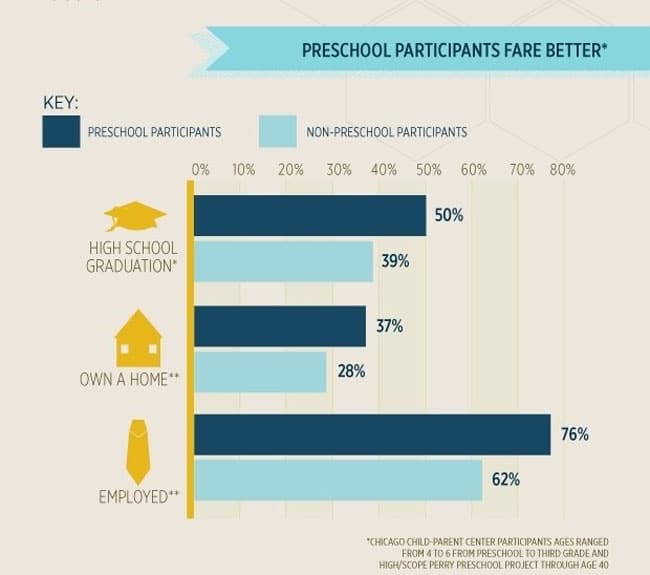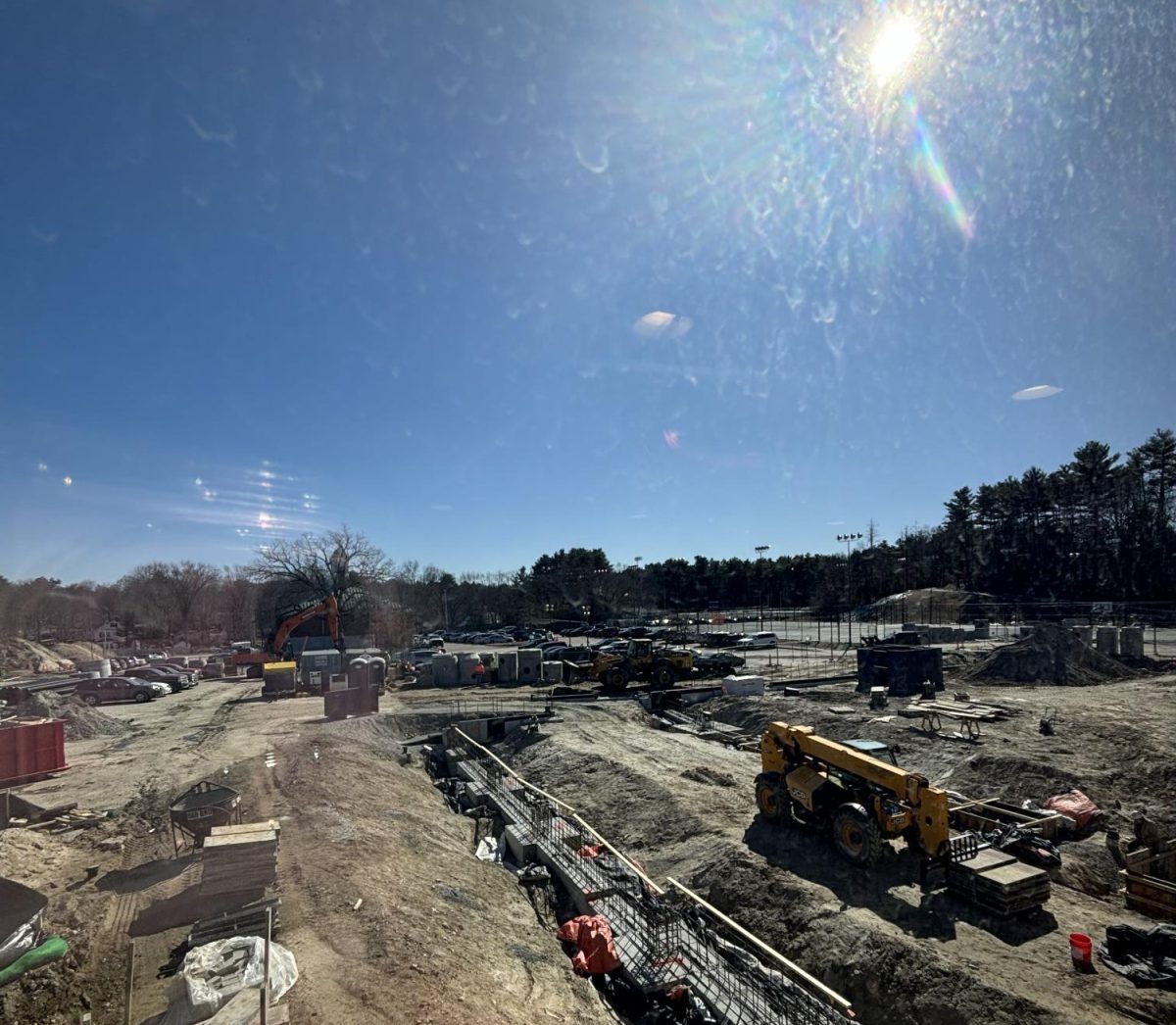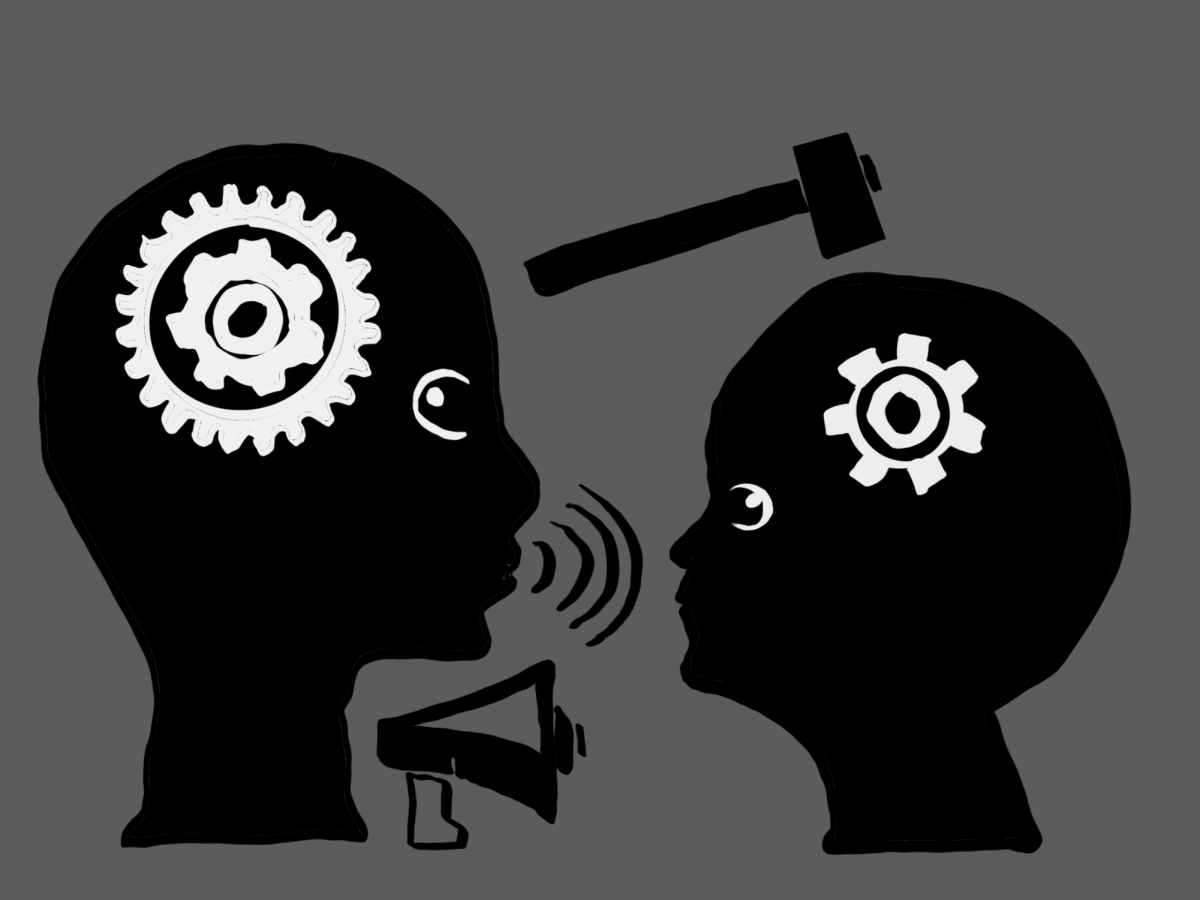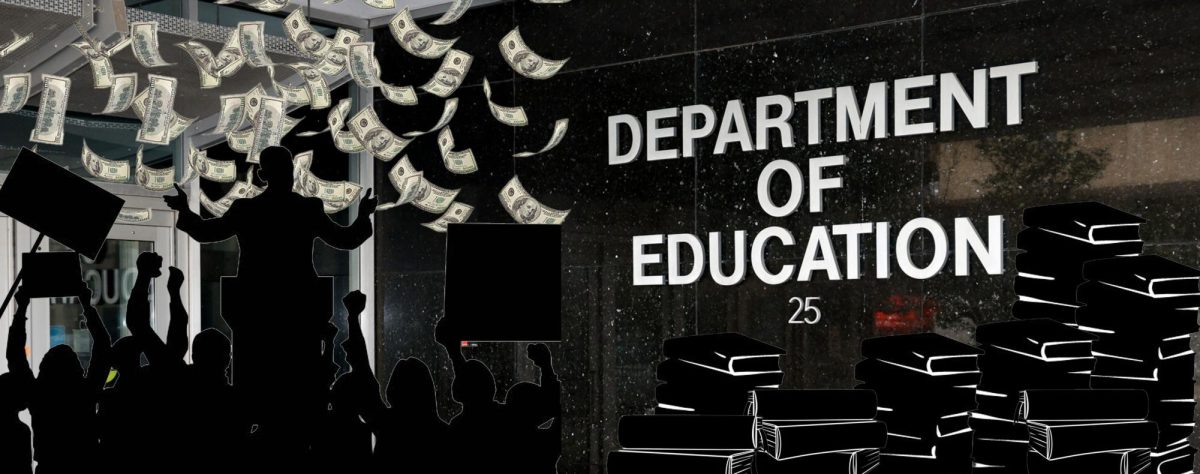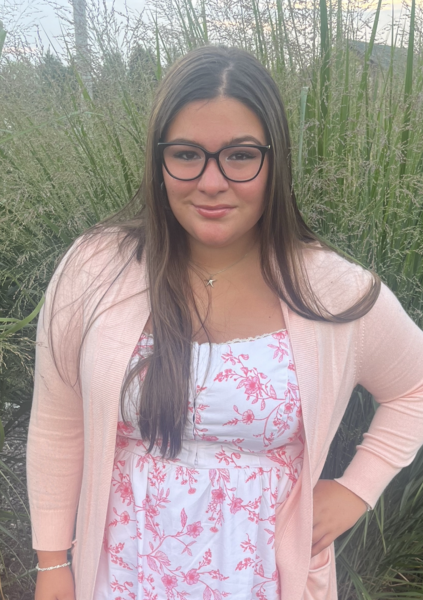Massachusetts law enforces education for kids aged six through 16. Kids’ first year in school, called kindergarten, is where children learn the emotional, social and motor skills needed for future schooling and the rest of their lives. Preschool, a time before kindergarten, acts as a transitional phase where kids can become acclimated to a school environment. While some parents do send their kids to preschool before kindergarten, there are many who do not.
“Children in high-quality ECE also demonstrate improved social emotional development, stronger self-regulation and reduced behavior problems. Having the ability to get along with others, regulate emotions and control impulses are all critical skills for success in school and relationships” said Child Care and Early Education Policy and Research Analysis
When children are already socialized and familiar with a school schedule, they are less likely to become overwhelmed when they start kindergarten. Kids who were never introduced to school before kindergarten are thrown in a seven hour day, without their parents, in a different environment and are surrounded by strangers. As kindergartners are still so young, they are incapable of understanding the concept of school, which can lead to an influx of emotions.
Beyond the scope of kindergarten, further research has also found that preschool affects the lives of children beyond childhood.
James J. Heckman and Ganesh Karapakula conducted “The Perry Preschoolers At Late Midlife: A Study In Design-Specific Inference.” This researched how the Perry Preschool Program for disadvantaged African Americans affected participants later through life. Heckman and Karapakula found that children who participated in the program were able to work themselves out of poverty, advance their income, committed fewer crimes, saw a decrease in teen pregnancies and were more likely to graduate high school.
The study “Long-Term Effects of Universal Preschool in Boston,” conducted by Guthrie Gray-Lobe, Christopher R. Walters and Parag A. Pathak, researched the effects attending preschool had later on in life.
“Preschool enrollment boosts college attendance, as well as SAT test-taking and high school graduation. Preschool also decreases several disciplinary measures including juvenile incarceration, but has no detectable impact on state achievement test scores” said Gray-Lobe, Walters and Pathak.
Both of these studies prove that preschool is not only needed for the transitional period, but also incredibly important later in life. While there are still barriers for getting into preschool, such as financial need, transportation and selectiveness, the “Head Start Program”, initiated by President Lyndon B. Johnson has worked to overcome these challenges. This program is an opportunity for low income families to have access to federally funded preschool.
Ultimately, preschool should be used as a stepping stone into the structure of school and as an aid to a productive life.


